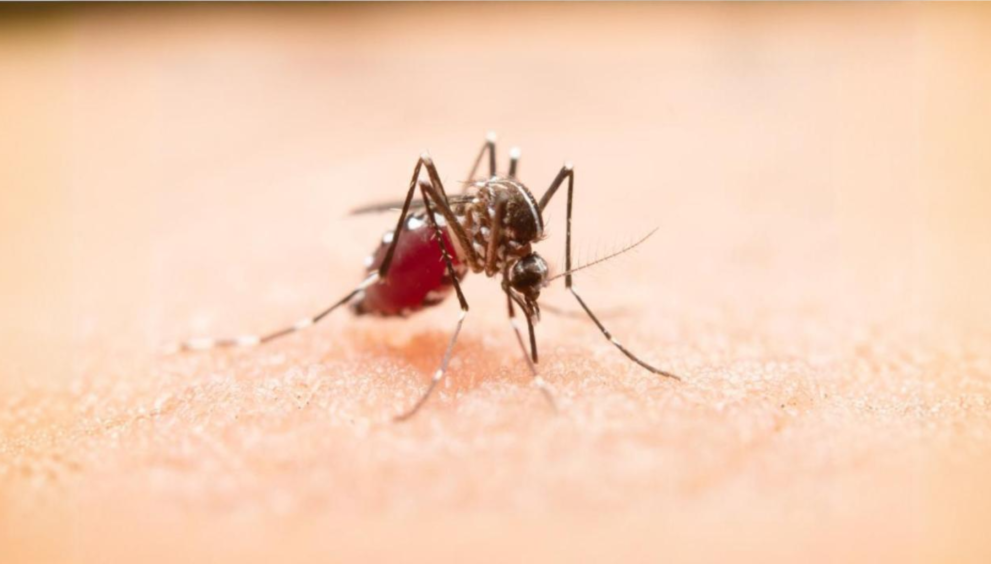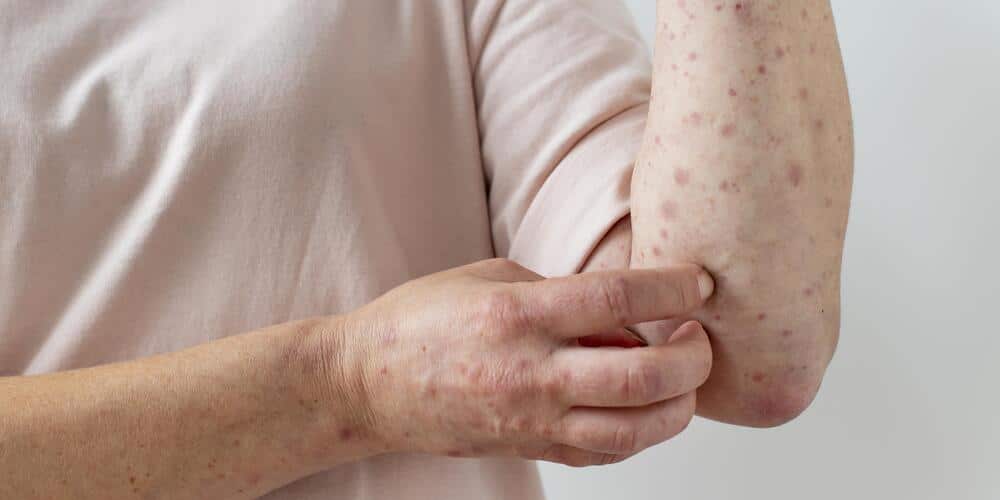Egypt eradicates malaria, a disease that dates back to the time of the Pharaohs
“Malaria is as old as Egyptian civilization itself, but the disease that plagued pharaohs now belongs to its history and not its future,” Dr Tedros Adhanom Ghebreyesus, WHO Director-General said.
Author
Author
- admin / 1 year

- 0
- 3 min read

Author
Since ancient times, malaria has plagued Egypt, impacting the health of its people for centuries.On Monday, the World Health Organization (WHO) declared the country malaria-free. The WHO said the achievement followed nearly 100 years of dedicated efforts by the Egyptian government and its citizens to eradicate the disease.
“Malaria is as old as Egyptian civilization itself, but the disease that plagued pharaohs now belongs to its history and not its future,” Dr Tedros Adhanom Ghebreyesus, WHO Director-General said.
“This certification of Egypt as malaria-free is truly historic, and a testament to the commitment of the people and government of Egypt to rid themselves of this ancient scourge.”
Dr Tedros congratulated Egypt on this achievement, which. He said, “is an inspiration to other countries in the region”, and showed what’s possible with the right resources and the right tools.
Malaria has been traced as far back as 4000 B.C.E. in Egypt, with genetic evidence of the disease found in Tutankhamun and other ancient Egyptian mummies.
Early efforts to reduce human-mosquito contact in Egypt began in the 1920s when the country prohibited the cultivation of rice and agricultural crops near homes. With most of Egypt’s population living along the banks of the Nile River and malaria prevalence as high as 40%, the country designated malaria a notifiable disease in 1930 and later opened its first malaria control station focused on diagnosis, treatment and surveillance.
By 1942, malaria cases in Egypt had spiked to more than 3 million as a result of the population displacement due to Second World War, the disruption of medical supplies and services, and the invasion of Anopheles arabiensis, a highly efficient mosquito vector, among other factors.
Egypt succeeded in controlling the malaria outbreak through the establishment of 16 treatment divisions and the recruitment of more than 4000 health workers.
The construction of the Aswan Dam, completed in 1969, created a new malaria risk for the country, as standing water produced breeding grounds for mosquitoes. Egypt, in collaboration with Sudan, launched a rigorous vector control and public health surveillance project to rapidly detect and respond to malaria outbreaks.
By 2001, malaria was firmly under control and the Ministry of Health and Population set its sights on preventing the re-establishment of local malaria transmission. The country rapidly contained a small outbreak of malaria cases in the Aswan Governorate in 2014 through early case identification, prompt treatment, vector control and public education.
Malaria diagnosis and treatment are provided free-of-charge to the entire population in Egypt regardless of legal status, and health professionals are trained nationwide to detect and screen for malaria cases including at borders. Egypt’s strong cross-border partnership with neighbouring countries, including Sudan, has been instrumental in preventing the re-establishment of local malaria transmission, paving the way for the country to be officially certified as malaria-free.
In a statement WHO said: “Egypt is the third country to be awarded a malaria-free certification in the WHO Eastern Mediterranean Region following the United Arab Emirates and Morocco, and the first since 2010.”
Globally, a total of 44 countries and 1 territory have reached this milestone, WHO added.
Also read: Malaria vaccine saves two million kids : WHO 2023 Results Report – First Check









